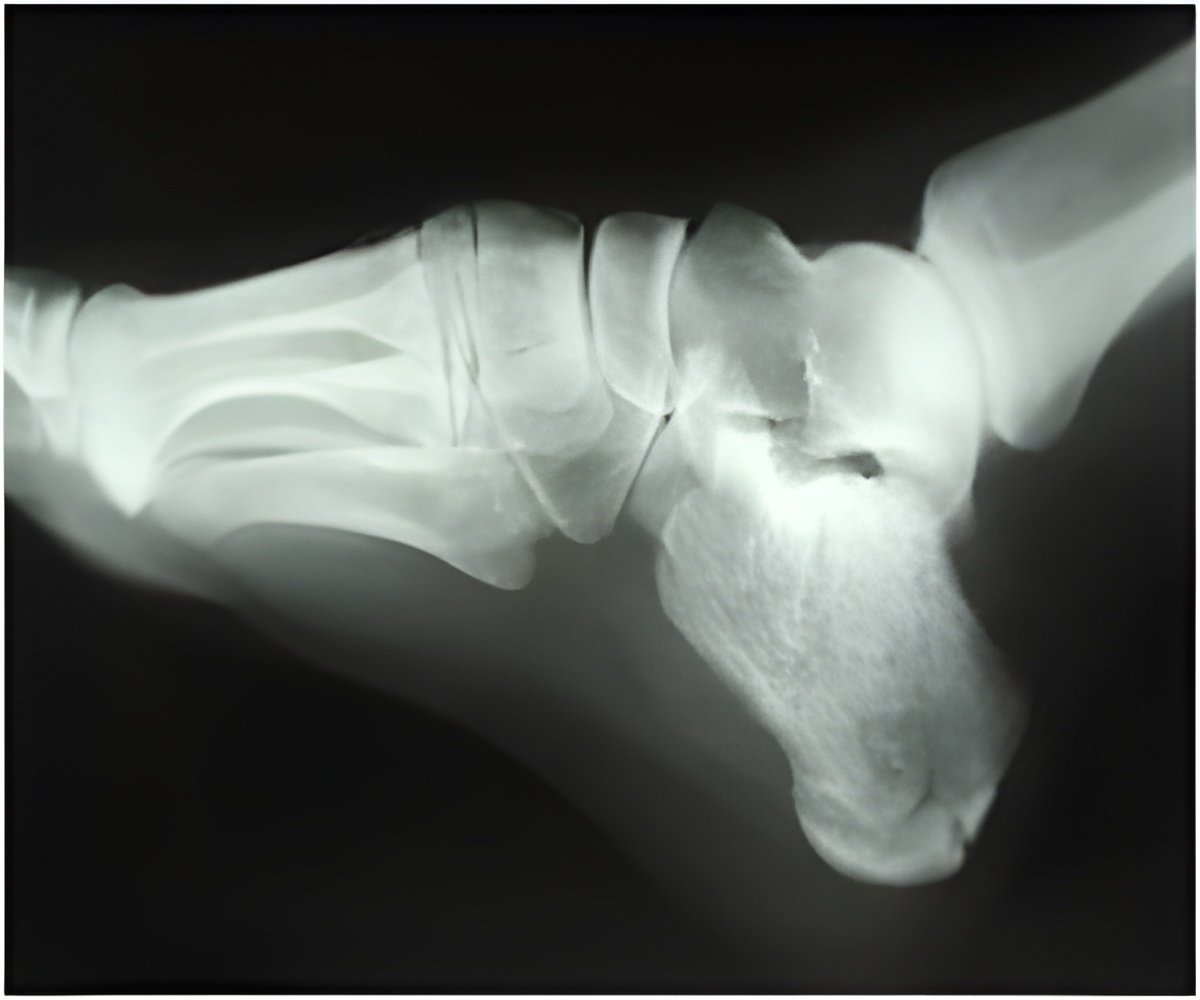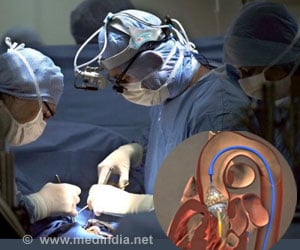Bone health is important for women and men at any age, but particularly for older people.

‘Children and young adults are building toward peak bone mass — the strongest bones they’ll ever have. Most people reach peak bone mass between the ages of 25 and 30.’
Read More..




to young adultsRead More..
Children and young adults are building toward peak bone mass — the strongest bones they’ll ever have. Most people reach peak bone mass between the ages of 25 and 30.
“To some extent, genetics determines the peak, but lifestyle influences, such as diet and exercise, are also factors,” Bosha said.
40s
After age 40, bone mass slowly decreases. Taking 1,000 milligrams of calcium and 1,000 International Units (IU) of vitamin D per day can help maintain your bones. Also, weight-bearing exercise, such as running and brisk walking, and resistance training (muscle-strengthening) are important to maintain muscle and bone strength and prevent falls. 50s and 60s
Advertisements
As levels of estrogen drop during menopause, rapid bone loss can occur. All women 65 or older— including women 60 to 64 years old who have an increased fracture risk — should get a bone-density study.
Advertisements
Other medications to improve bone density include calcitonin, which you can administer in a nasal spray; parathyroid hormone, which is taken by injection; or a category of medications called selective estrogen receptor modulators.
Age 70 and beyond
After age 70, both men and women should take 1,200 milligrams of calcium per day and 800 IU of vitamin D per day. Men become much more likely to have lower bone density and may suffer fractures. Some men may want to consider getting a bone-density study.
“For people of this age, avoiding falls is crucial,” Bosha said. “Maintaining balance and muscle strength through exercise and maintaining strong bones through adequate calcium and vitamin D intake can help decrease the risk of severe fractures from falls.”
Source-Newswise










